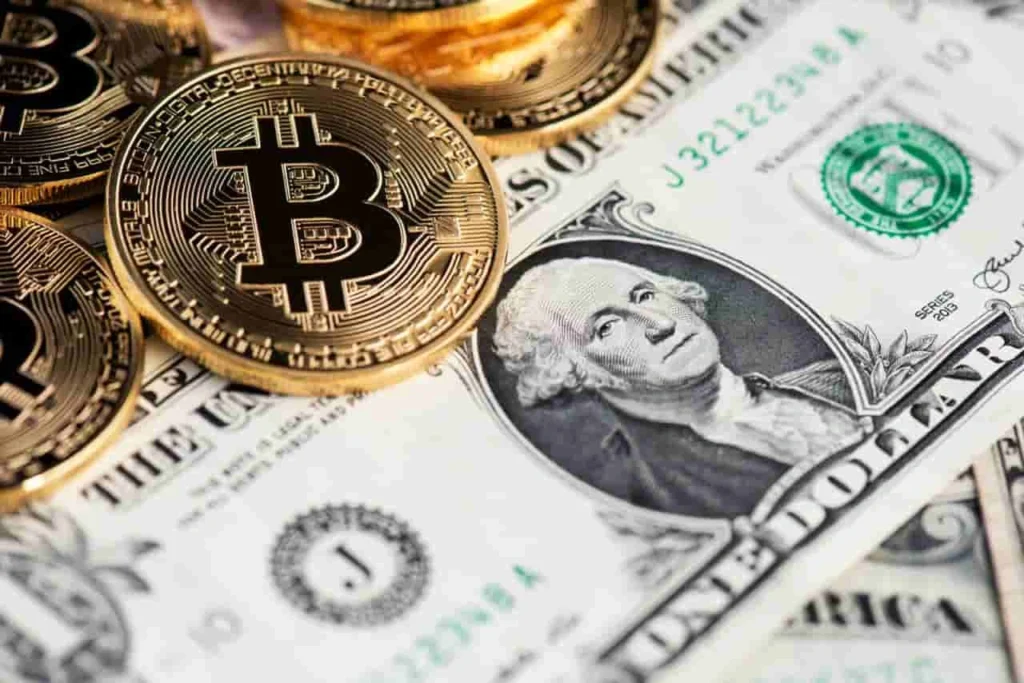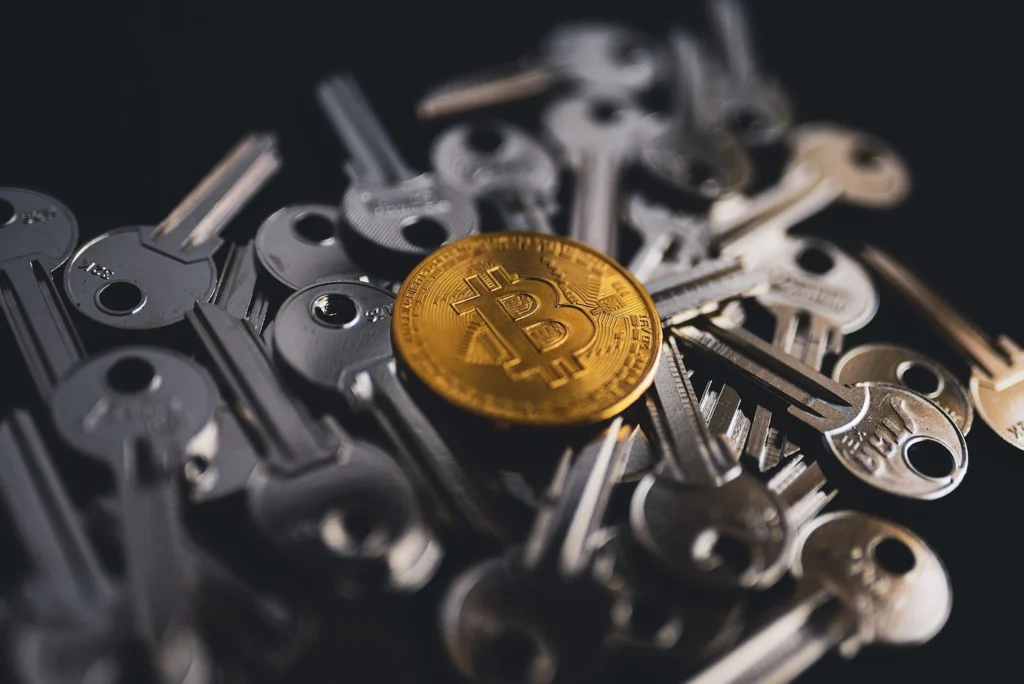5 Key Facts About Crypto Legal Status You Need to Know
Is cryptocurrency legal? That might seem like a simple question, but the reality is—surprise—it’s not. The crypto legal status varies wildly depending on where you live, how you use it, and even which coin you’re holding.
Here’s a quick breakdown of five key things you should probably know before you treat Bitcoin like your everyday coffee money.
1. Legal Doesn’t Mean Legal Tender
Let’s get this one straight. Crypto can be legal in a country—meaning, you’re allowed to buy, sell, or hold it—but that doesn’t mean it’s legal tender.
Legal tender is what a country says must be accepted to pay debts. Right now? Almost no country puts crypto in that category. El Salvador made Bitcoin legal tender in 2021 (bold move), but even there, the rollout’s been bumpy. Most people still prefer dollars.
So yes, you can use crypto in some places—but no, that doesn’t make it official currency.

2. Crypto Legal Status: Your Location Changes Everything
The crypto legal status isn’t universal—it’s totally dependent on geography.
Japan recognizes Bitcoin as a legal method of payment. The U.S. treats it like property (hello, taxes). China? Flat-out bans crypto trading. And that’s just scratching the surface.
So if you’re traveling, investing, or setting up a crypto business, local laws matter—a lot. What’s cool in one place might be illegal in another.

3. Most Governments Treat Crypto Like Property or Assets
Ask a tax office what crypto is, and chances are, they’ll say “property.” That means when you sell it, you owe taxes on the gain (just like real estate or stocks).
Some countries go further—labeling tokens as securities. That’s a big deal. If your coin falls under this label, it has to follow strict financial rules.
But as for currency? Not so much. Even stablecoins rarely get the full currency treatment.

4. The Gray Zones Are Where It Gets Risky
Some places don’t regulate crypto at all. That might sound awesome—no taxes, no government interference, pure digital freedom… right?
Well, maybe. But lack of regulation also means no safety net. If a platform collapses, you’re probably out of luck. If you get scammed, there’s no agency to call.
So while gray zones can seem “free,” they’re also risky. And if laws suddenly change? Your assets could be stuck—or seized.

5. It’s All Still Evolving (Fast)
Crypto legal status today is not what it was two years ago—and it won’t be the same two years from now.
Countries are testing digital currencies, building regulations, and watching the markets closely. Some might embrace crypto more openly. Others? Could crack down even harder.
And don’t forget Central Bank Digital Currencies (CBDCs)—these could reshape everything. If CBDCs become the norm, decentralized coins might face tighter restrictions. Maybe even bans.

Final Thoughts: Crypto Legal Status Isn’t Set in Stone
Bottom line? The crypto legal status is anything but stable. Laws shift. Attitudes shift. What’s legal today could be in a legal gray area next month.
So if you’re investing, spending, or just holding onto your tokens, stay alert. Keep up with policy updates. Because if crypto ever does become legal tender where you live… well, you’ll want to be ahead of the curve.
Relevant news: Is Crypto Legal or Not? A Straightforward Look at the Crypto Legal Status Pros & Cons




